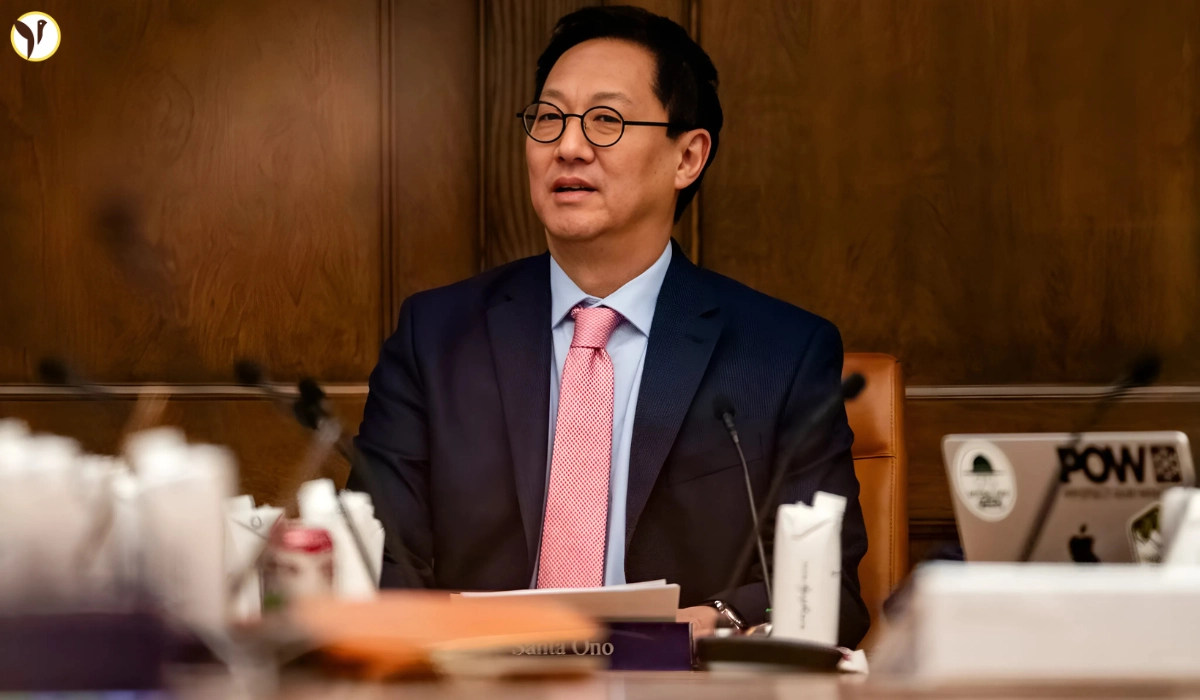Santa Ono, a highly respected academic leader and former president of the University of Michigan, was recently rejected as the next president of the University of Florida. Despite being the only finalist and receiving strong support from the university’s Board of Trustees, the state Board of Governors voted 10–6 against confirming his appointment.
This decision came during a time of increased political focus on public universities in Florida, particularly around topics like diversity, equity, and inclusion (DEI). The rejection has drawn national attention and sparked debates over political influence in higher education, especially as it relates to leadership decisions and academic freedom.
Who is Santa Ono and Why Was He Chosen?
Santa Ono is known for his leadership roles at major institutions such as the University of Michigan, the University of British Columbia, and the University of Cincinnati. With a background in biomedical research and experience managing large public universities, he was seen as a strong candidate to lead the University of Florida.
The university’s Board of Trustees unanimously endorsed him, praising his experience and inclusive leadership style. Many faculty and students were hopeful that Ono would bring a collaborative and student-focused approach to the position. His academic background, combined with a track record of improving university systems, made him a compelling choice for UF’s next chapter.
Why Did the Florida Board of Governors Vote Against Him?
The main reasons behind the rejection were concerns over Santa Ono’s previous public support for DEI programs and his response to campus protests, particularly during his time at the University of Michigan.
Some board members and political figures, including U.S. Senator Rick Scott and Donald Trump Jr., expressed worry that Ono’s leadership would not align with Florida’s current education policies. These concerns reflect broader efforts in the state to reduce what some officials describe as “woke” ideology in education. Despite Ono stating he supported a more balanced approach to DEI, the board chose not to move forward with his confirmation.
Political Reactions and Public Response
The decision has drawn sharp criticism from education advocates, political leaders, and members of the public. Former Speaker of the House Nancy Pelosi and California Governor Gavin Newsom were among those who criticized the outcome, calling it a political move that undermines university independence.
Stuart Milk, nephew of Harvey Milk and an advocate for inclusive leadership, said that the vote sends a message of exclusion to underrepresented groups in education. Supporters of Ono argue that the decision was not based on merit but rather on ideological differences that should not influence academic appointments.
What This Means for the University of Florida
The rejection leaves the University of Florida without a permanent president, continuing a period of uncertainty since the resignation of former President Ben Sasse. With the board now needing to restart the search process, many are wondering what kind of candidates will be willing to apply—especially if political considerations continue to play a major role.
Faculty and students are concerned that this could affect the university’s ability to recruit top academic leaders. There’s also growing worry that decisions based on politics rather than performance could damage the school’s national reputation and limit its academic growth.
Image Source:The New York Times









